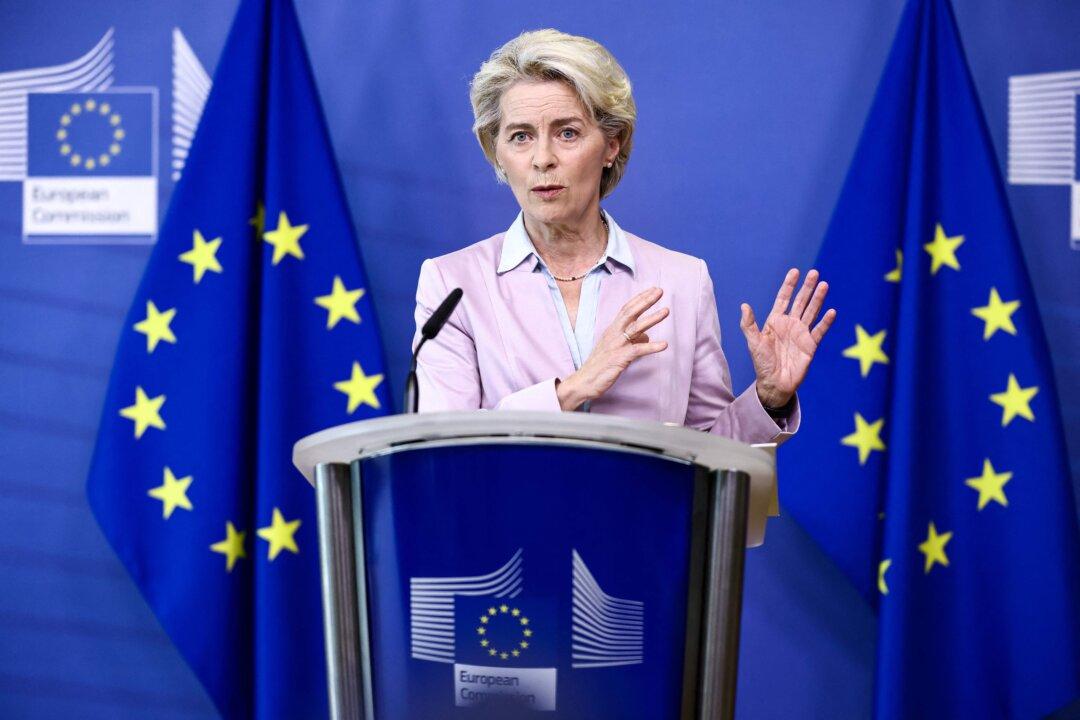The European Commission announced on Sept. 14 its new plan to control the rising cost of energy in Europe since the Russian invasion of Ukraine, in order to prepare the continent for a difficult winter.
The proposals include mandatory cuts in electricity usage, a windfall profit tax on energy firms, and a rescue plan for power companies facing financial difficulties, in order to alleviate economic hardship throughout the 27-member bloc.Governments in Europe are struggling to contend with high energy prices and inflation after a series of supply cuts by Russia, which gradually reduced gas exports in response to European Union sanctions.





